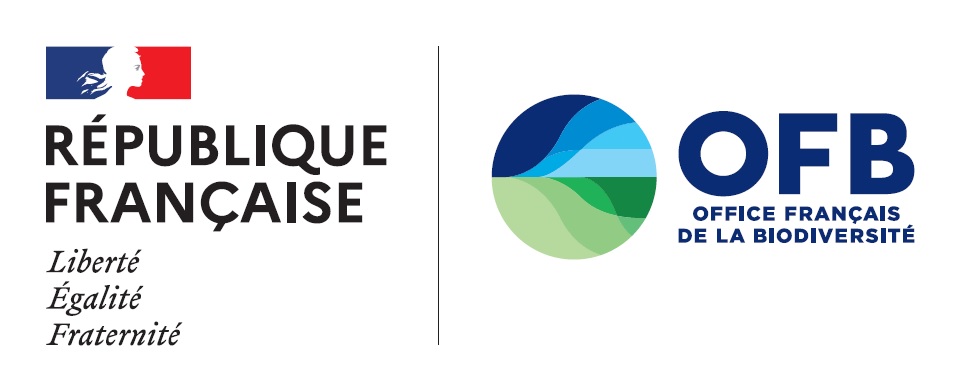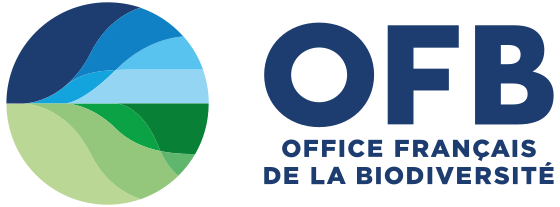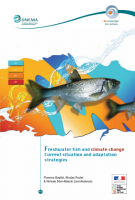Freshwater fish and climate change. Current situation and adaptation strategies
Aquatic environments constitute ecological treasure houses, represent a unique cultural heritage and provide society with important economic resources. What will be the consequences of climate change on the hydrology of aquatic environments? How will aquatic ecosystems and organisms react? What can be done to limit their vulnerability? Fish are emblematic life forms in rivers and an important resource for humans. They are one of the lifeforms that will potentially be impacted by climate change.
Contact : Nicolas Poulet, French Biodiversity Agency - nicolas.poulet (a) ofb.gouv.fr
The reality of climate change is no longer an issue. According to the annual climate statement by the World Meteorological Organisation, 2013 tied with 2007 as the sixth hottest year ever recorded worldwide, thus confirming the observed long-term warming trend. Temperatures were not unusual in continental France, however, a number of exceptional climatic events occurred such as the heavy snow and rain fall that led to flooding in the south-western section of France and the storms Christian and Dirk. As for 2014, it also confirmed the reality of climate change in that the month of May was the hottest ever since the start of records in 1880.
Lakes, rivers and marshes cover only 0.01% of the surface of the planet. In spite of this very small surface area, they are home to a vast number of species representing 9% of all animal species identified to date. They are also highly vulnerable to climate change if only because it has a direct impact on the water cycle. In addition, a majority of aquatic species are cold-blooded, which makes them even more sensitive to even the slightest modifications in the temperature of their environment.
Finally, the climatic disturbances are simply another of many pressures, including excessive captures, water pollution, invasive species, etc. Climate change, whether in the form of increased temperatures or modifications in hydrological regimes, is thus fully capable of significantly altering the functioning of ecosystems.
Table of content
Understanding the impact of climate change on water resources
- Defining climate and the influential factors
- Causes and consequences of climate disruption
- Modelling tools to project changes in the climate and in water resources
- The future climate and water resources in continental France
- Conclusion and outlook
Changes in fish communities in a context of climate change
- Introduction
- General trends in observed impacts of climate change
- Case studies in continental France
- Conclusion and outlook
Anticipating the impact of climate change on fish communities
- Introduction
- Distribution models
- Main changes expected for fish in France in response to climate change
- Conclusion and outlook
Taking action to reduce the vulnerability of fish communities
- Introduction
- Adaptation strategies
- A good start to water adaptation policy in continental France
- Conclusion and outlook
Les poissons d’eau douce à l’heure du changement climatique : état des lieux et pistes pour l’adaptation
| Knowledge for action
| October 2014

Cet ouvrage fait état des connaissances actuelles sur le changement climatique et ses conséquences sur l’hydrologie des cours d’eau français métropolitains et sur la biodiversité piscicole. Sont présentés différents outils de projection et leur domaine d’application, mais aussi des mesures d’adaptation pour limiter la vulnérabilité des poissons et des écosystèmes d’eau douce.





